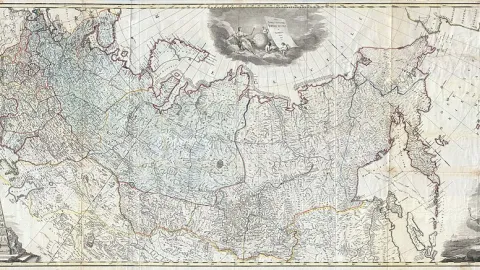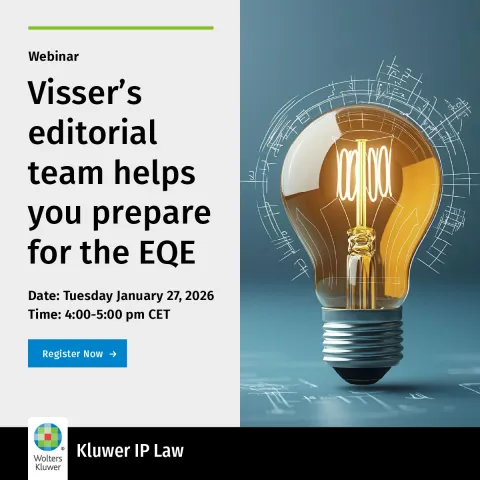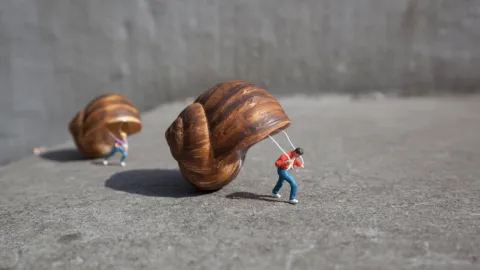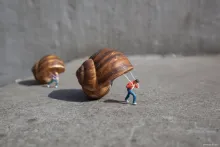Australia Patents Update: Aristocrat finally prevails, in long-running patentability dispute over electronic gaming machines
September 22, 2025
A Full Court of the Federal Court has ruled that certain patent claims to electronic gaming machines (EGMs, also known as "pokies" or "slot machines") are patentable subject matter; allowing an appeal, and re-stating the law on the manner of manufacture requirement for computer-implemented inventions: Aristocrat Technologies Australia Pty Ltd v Commissioner of Patents [2025] FCAFC 131.
The applicable law on this issue had been left in limbo, after a rare, equally divided (3:3) judgment of the High Court in 2022.
Manner of manufacture
For an alleged invention to be patentable subject matter, it must be a "manner of manufacture" within the meaning of that term as it has evolved through case law going all the way back to the Statute of Monopolies 1623 (UK).
In a landmark decision in 1959, the High Court described the test as calling for an assessment of whether the claimed invention, properly understood, involves an "artificially created state of affairs with economic utility": National Research Development Corporation v Commissioner of Patents (1959) 102 CLR 252.
In recent years, there has developed a body of case law regarding how this requirement should be assessed when considering computer-implemented inventions: inventions where an abstract concept or idea is implemented through the use of computer technology.
Aristocrat's patent claims
Aristocrat, one of the largest gaming service providers worldwide, owned four innovation patents entitled "A system and method for providing a feature game". In summary, they claimed an EGM with a feature game involving configurable and non-configurable symbols, designed to enhance player engagement.
Unusual litigation history
In 2018, the Commissioner decided to revoke the patents, on the basis that the substance of the invention was the abstract ideas or mere rules for a game, which cannot form patentable subject matter. In 2020, Burley J ruled that they were patentable subject matter. The litigation then took off in an unusual direction.
In 2021, a Full Court overturned the primary judge's first decision on the basis that a representative claim 1 of one patent was not a manner of manufacture. Their Honours remitted the matter to Burley J, to consider the other patents and claims in suit. Aristocrat appealed.
In 2022, the High Court delivered a rare, equally divided (3:3) decision. All six judges disagreed with the reasons of the Full Court, but for markedly different reasons. As a quirk of procedural law, in this scenario, the Full Court's final orders are confirmed, meaning that the matter was returned to the primary judge, to consider the remaining patent claims in suit. In 2024, the primary judge determined that the remaining claims were all invalid, his Honour being bound by the Full Court's reasons (despite the High Court's critiques). Aristocrat appealed.
On 16 September 2025, a newly constituted Full Court held that the primary judge was correct to rule as he did (being bound by precedent to follow the previous Full Court's reasons). However, the 2025 Full Court confirmed that they themselves were not bound to follow a previous Full Court decision – and so considered the matter anew for these remaining claims in suit. Adopting substantially the reasons of the 3 High Court judges who would have allowed the 2022 appeal, the Full Court held that the patent claims were indeed patentable subject matter, and so should not be revoked on that basis.
Takeaways
The Full Court's decision cited with approval the long line of appellate decisions on these issues, and agreed with all 6 judges of the 2022 High Court that none of those previous cases was wrongly decided.
For now, the law regarding the "manner of manufacture" requirement is, at least in principle, the same as it has been for many decades – even since long before the advent of modern computers: there needs to be an artificially created state of affairs with economic utility.
We might now see an increase in new patent applications that claim inventions that are on the borderline of the "manner of manufacture" requirement. However, in order for a valid patent to be granted, it must still meet all other patentability requirements, including novelty and inventive step.
You may also like














